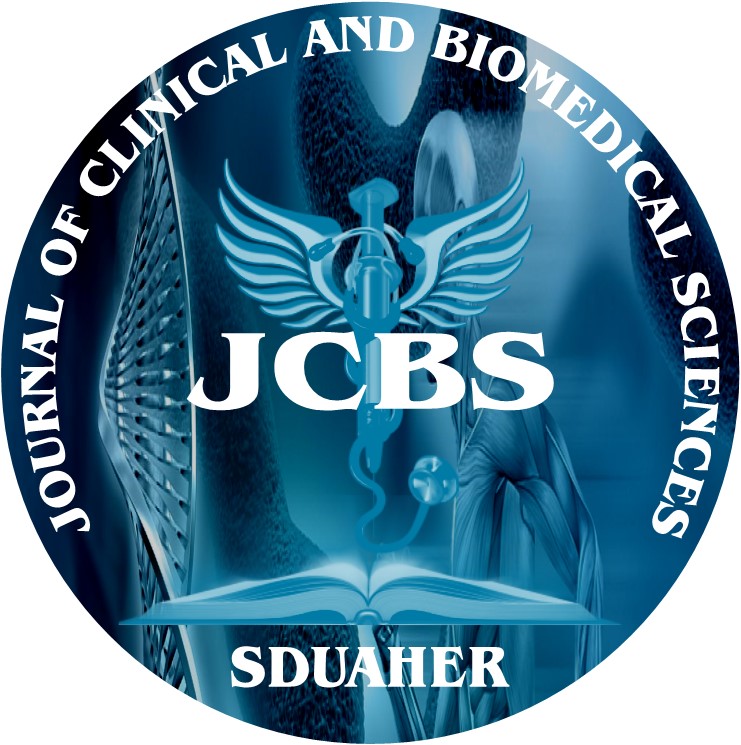


Journal of Clinical and Biomedical Sciences
Year: 2016, Volume: 6, Issue: 3, Pages: 71-72
Review Article
Dr. Subhashish Das
Professor, Department. of Pathology, I/C Blood Bank, R.L.J.H & R.C, Sri Devaraj Urs Medical College, SDUAHER, Kolar-563101, Karnataka, India.
*Corresponding Author
E-mail: [email protected]
Blood safety depends on the distribution of transfusion transmissible infections (TTI) among donor population, blood donor educa-tion, quality donor selection, quality compo-nent preparation and its storage, and effective transportation of blood products. Hence blood safety involves a systematic rigorous quality process from donor selection to transfusion to the receiver. The conventional immuoassays performed on donor blood samples rely on the presence of antibodies to the infection. Nucleic acid amplification testing (NAT) is a sensitive test that can detect low levels of viral genetic materials in the samples. Some of the potential benefits of NAT include the ability to identify infections earlier thus narrowing the window period and to detect viral mutant and occult infections
Subscribe now for latest articles and news.